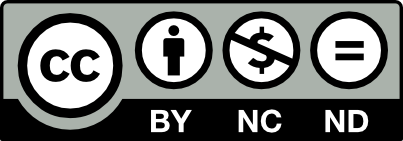Legal and ethical aspects of online therapy
DOI:
https://doi.org/10.23823/zbfe0t05Keywords:
Telepsychology; e-mental health; informed consent; assessment; deontologyAbstract
Online psychological intervention is questioning the professional community, even though it is not a new topic in the field of psychology. Ethical and legal implications are one of the most critical aspects of online psychological intervention involving: privacy, security and confidentiality issues; needs for specific training (considering that online therapeutic skills may be different from traditional therapeutic skills); absence of nonverbal communication; research gaps; fatigue in emergency management; patients’ identity and location verification. Although most psychologists are in favor of online practice, more clarity regarding ethical and legal aspects would help protecting both psychologists and patients.
Downloads
Downloads
Published
Issue
Section
License
Copyright (c) 2024 Laura Parolin

This work is licensed under a Creative Commons Attribution-NonCommercial-NoDerivatives 4.0 International License.
Authors who publish in this journal agree to the following:
- Authors retain the rights to their work and give to the journal right of first publication of the work simultaneously licensed under a Creative Commons License - Attribution that allows others to share the work indicating the authorship and the first publication of this journal.
- Authors can accept other non-exclusive licensing agreements for the distribution of the published version of the work (eg. Deposit it in an institutional repository or publish it in a monograph), provided to indicate that the document was first published in this journal.
- Authors can spread their work online (eg. In institutional repositories or on their website) before and during the submission process, because it can lead to productive exchanges and increase the work published citations (See The Effect of Open Access) .










